MS is a chronic debilitating and progressive condition that affects the fatty tissue sheath surrounding nerves. Incomplete innervation due to loss of the myelin sheath is largely responsible for uncoordinated movements. Brain temperature fluctuations are also often seen in people with MS together with fatigue when carrying out mentally or physically demanding tasks. These are commonly associated with excessive yawning yet the cause of fatigue in MS is not well understood.
A recently completed study asked participants to produce saliva into a small tube so that their cortisol levels could be analysed. They were also asked to look at presentations that provoked a yawning response. Results revealed that all of the participants had elevated cortisol levels after yawning and that there was a marked difference in cortisol levels between the healthy participants and those with MS.

Yawning: Pynq Thompson aged 28 days
Thompson Cortisol Hypothesis (Ref.1) proposes threshold levels of cortisol trigger the yawn response which lowers brain temperature. Correlation between brain temperature and cortisol is to be further examined together with comparison between UK and Norwegian participants with MS since the incidence of MS is greater in Scandinavian countries (and Canada and Scotland) possibly due to vitamin D and K reduction with reduced sunlight.
Previous studies have examined electromyograph (EMG) activity during yawning and manipulation of conditions to provoke yawning (Refs. 2,3). Brain regions and cortisol activity has been identified in MS in an international study (Ref. 4); and a new understanding proposed of communication between the motor cortex and brain-stem (Ref.5).

Yawning EMG “envelope” of activity
A funding bid is being prepared to examine the feasibility of producing the early detection of MS and cortisol-insufficiency syndromes using observed yawning frequency and cortisol levels.
Simon B N Thompson is Associate Professor, Bournemouth University; Visiting Professor, Université Paris Ouest Nanterre La Défense, France. Member of International Scientific Council for Research into Multiple Sclerosis following presentation to French Ambassador, His Excellency Bernard Emié, French Embassy.
Acknowledgements
Thanks to all volunteers; Alister Coleman and Nicola Williams for assisting in data collection and analysis; Rod Slip, Group Co-ordinator and Kay Bundy, Fundraising Co-ordinator of the MS Society Osborne Centre for providing free facilities.
Note
The author would welcome interest in collaborating in writing bids for funding international work.
References
1. Thompson, S.B.N., 2011. Born to yawn? Cortisol linked to yawning: a new hypothesis. Medical Hypotheses, 77, 861-862.
2. Thompson, S.B.N., & Bishop, P., 2012. Born to yawn? Understanding yawning as a warning of the rise in cortisol levels: randomized trial. Interactive Journal of Medical Research, 1(2), e4, 1-9, doi: 10.2196/ijmr.2241.
3. Thompson, S.B.N., Frankham, C., & Bishop, P., 2014. The art of capturing a yawn using the science of nerve impulses and cortisol levels in a randomized controlled trial. Thompson Cortisol Hypothesis as a potential predictor of neurological impairment. International Journal of Arts & Sciences, 7(3), 529-543.
4. Thompson, S. B. N., Daly, S., Le Blanche, A., Adibi, M., Belkhiria, C., Driss, T., de Marco, G., 2016. fMRI randomized study of mental and motor task performance and cortisol levels to potentiate cortisol as a new diagnostic biomarker. Journal of Neurology & Neuroscience, 7(2); 92: 1-8.
5. Thompson, S.B.N., 2017. Hypothesis to explain yawning, cortisol rise, brain cooling and motor cortex involvement of involuntary arm movement in neurologically impaired patients. Journal of Neurology & Neuroscience, 8(1); 167: 1-5.
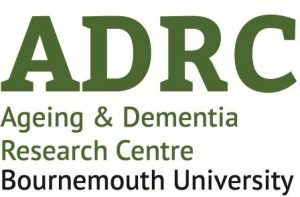
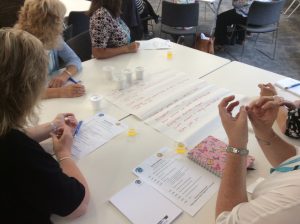 DRC at this key regional showcase event.
DRC at this key regional showcase event.


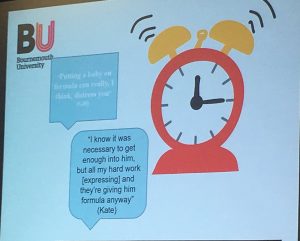
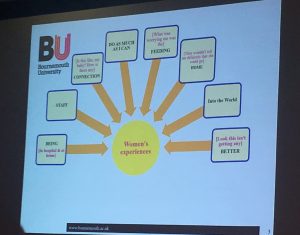
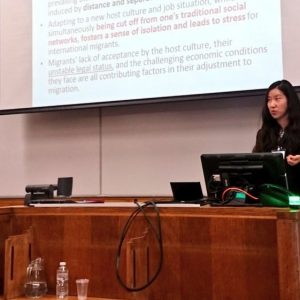
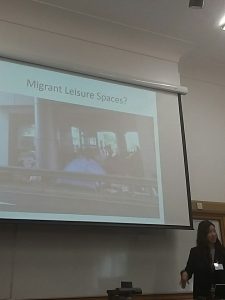
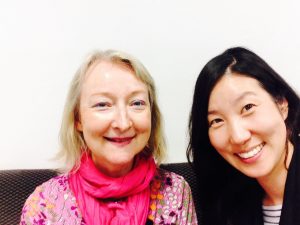
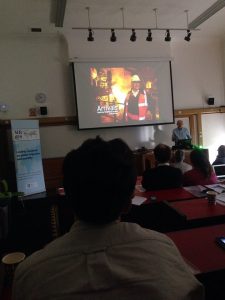
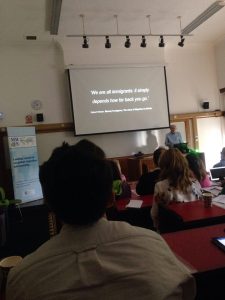
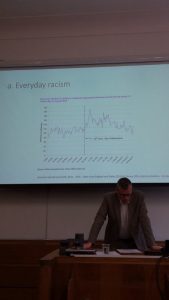
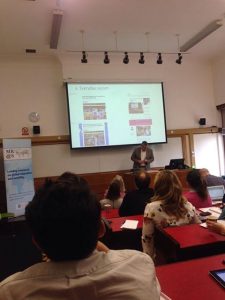
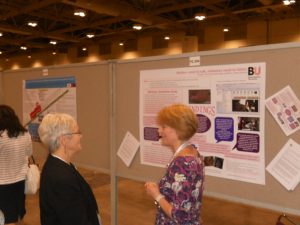
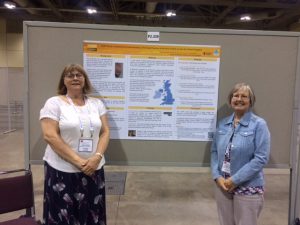
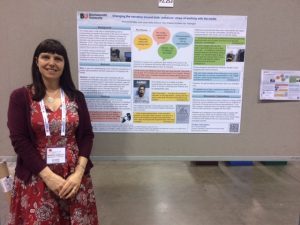
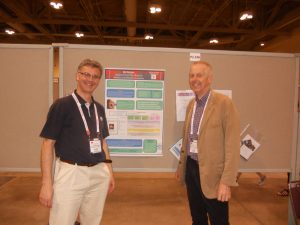

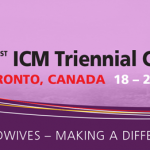



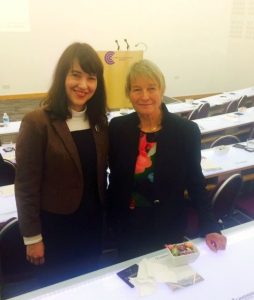 It was with great pleasure that I presented at the recent Higher Education Academy ‘What Works – Student Retention and Success’ Conference in London. Discussing successful interventions from across the sector , it was a wonderful time to discuss and explore current initiatives. With key notes given by leading specialists Prof Patricia Broadfoot , Prof Liz Thomas, and Prof Les Ebdon, I found the day to be invaluable in discussing the future of HE particularly against a backdrop of upcoming challenges and increasing pressure to improve retention rates.
It was with great pleasure that I presented at the recent Higher Education Academy ‘What Works – Student Retention and Success’ Conference in London. Discussing successful interventions from across the sector , it was a wonderful time to discuss and explore current initiatives. With key notes given by leading specialists Prof Patricia Broadfoot , Prof Liz Thomas, and Prof Les Ebdon, I found the day to be invaluable in discussing the future of HE particularly against a backdrop of upcoming challenges and increasing pressure to improve retention rates.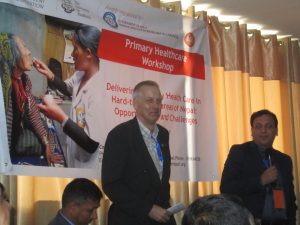



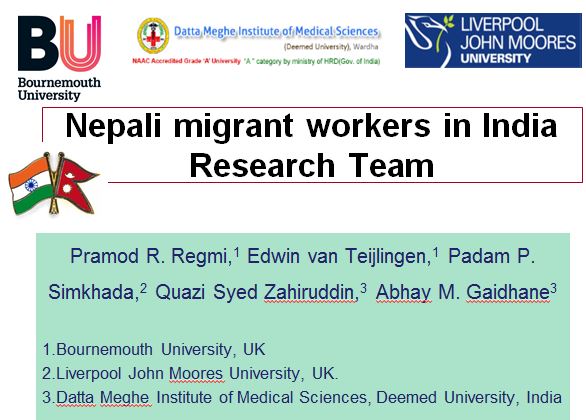



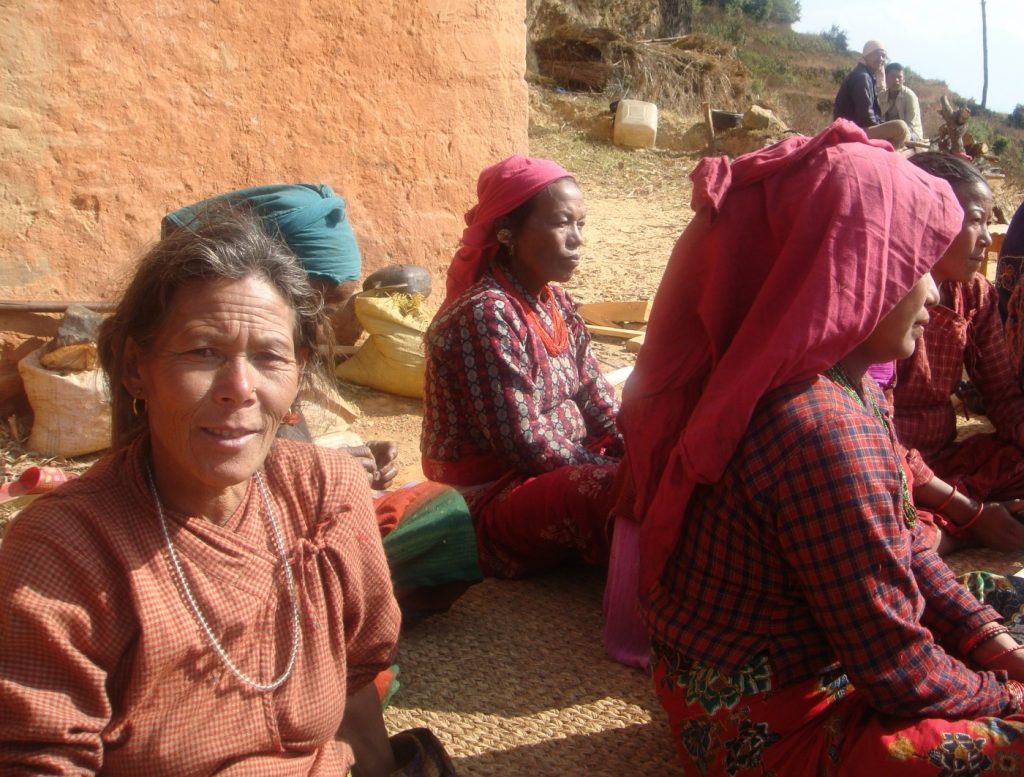













 New CMWH paper on maternity care
New CMWH paper on maternity care From Sustainable Research to Sustainable Research Lives: Reflections from the SPROUT Network Event
From Sustainable Research to Sustainable Research Lives: Reflections from the SPROUT Network Event ECR Funding Open Call: Research Culture & Community Grant – Apply now
ECR Funding Open Call: Research Culture & Community Grant – Apply now ECR Funding Open Call: Research Culture & Community Grant – Application Deadline Friday 12 December
ECR Funding Open Call: Research Culture & Community Grant – Application Deadline Friday 12 December MSCA Postdoctoral Fellowships 2025 Call
MSCA Postdoctoral Fellowships 2025 Call ERC Advanced Grant 2025 Webinar
ERC Advanced Grant 2025 Webinar Update on UKRO services
Update on UKRO services European research project exploring use of ‘virtual twins’ to better manage metabolic associated fatty liver disease
European research project exploring use of ‘virtual twins’ to better manage metabolic associated fatty liver disease